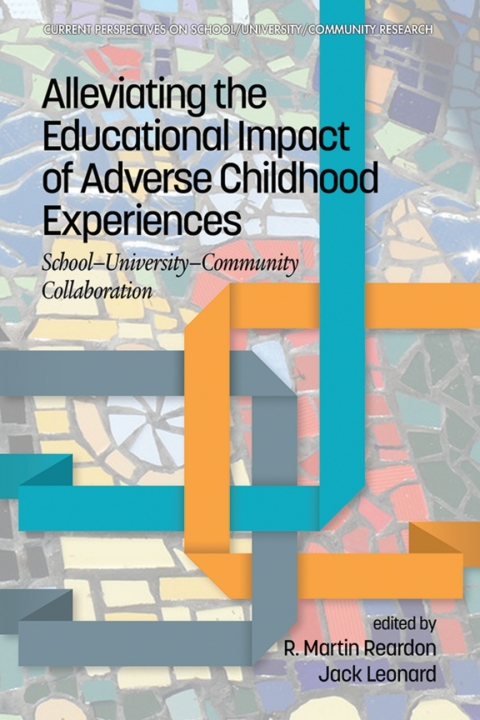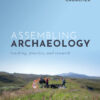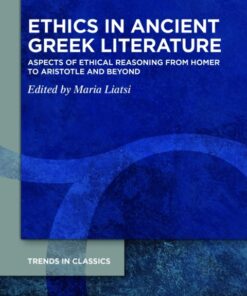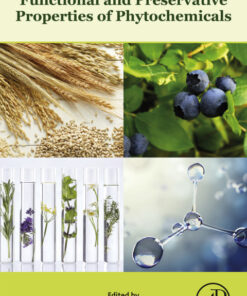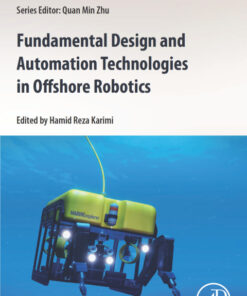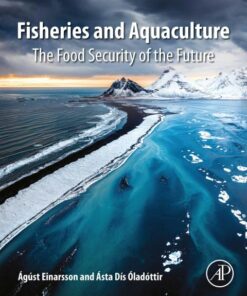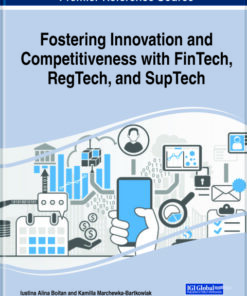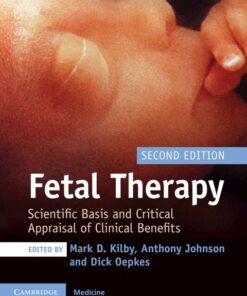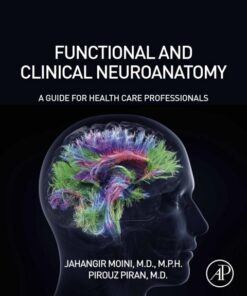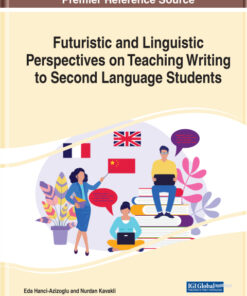Alleviating the Educational Impact of Adverse Childhood Experiences: School-University-Community Collaboration Ebook (nilibook.shop)
$25.00
R. Martin Reardon, Jack Leonard
Alleviating the Educational Impact of Adverse Childhood Experiences: School-University-Community CollaborationRecent crises’whether policy-induced (e.g., family separation at the Mexico/U.S. border) or natural disaster-related (e.g., hurricanes in Florida and North Carolina and wildfires in California)’have galvanized the attention of the U.S. and international public on the plight of children who endure these traumatic events. The sheer enormity of such wrenching events tend to overshadow the trauma endured by many children whose everyday life circumstances fall short of affording them a safe, stable, and nurturing environment.
At the national level, three rounds of data collection spanning January 2008 through April 2014 constituted the National Survey of Children’s Exposure to Violence (NatSCEV) that’according to Finkelhor, Turner, Shattuck, and Hambly (2013) in reporting on the 2011 round’assessed ‘a wide range of childhood victimizations’ (pp. 614-615). Among many other findings, Finkelor et al. concluded that ‘overall, 57.7% of the children and youth had experienced or witnessed at least 1 to 5 aggregate exposures (assaults and bullying, sexual victimization, maltreatment by a caregiver, property victimization, or witnessing victimization) in the year before this survey’ (p. 619). According to the recent re-visiting of NatSCEV II by Turner et al. (2017), ‘almost 1 in 4 children and adolescents ages 5-15 in the United States lived in family environments with only modest levels of safety, stability, and nurturance, while about 1 in 15 had consistently low levels across multiple domains’ (p. 8).
Adverse childhood events (ACEs) have both immediate and long-term impacts on children’s health and well-being (Banyard, Hambly, & Grych, 2017; Bowen, Jarrett, Stahl, Forrester, & Valmaggia, 2018; Walker & Walsh, 2015). Children do not shed their entanglement with ACEs at the schoolroom door. To highlight just one study, Jimenez, Wade, Lin, Morrow, & Reichman (2016) conducted a secondary analysis of a national urban birth cohort and found that experiencing ACEs in early childhood was ‘associated with below-average, teacher-reported academic and literacy skills and [more] behavior problems in kindergarten’ (p. 1).
Chapter Proposals
For this fifth volume in the Current Perspectives on School/University/Community Research series, we invite chapter proposals from authors who are engaged in school-university-community collaborative educational research focused on the alleviation of the educational impact of adverse childhood experiences. Authors may submit proposals to discuss research projects that have been completed or that are still in progress, but all proposals should clearly indicate the engagement of stakeholders from each of the three categories (school, university, and community).
Chapter proposals of no more than 500 words are welcome. Please cite at least 10 sources and include a reference page. The proposal cover page must contain the author’s full contact information. For multiple authored proposals, please list all authors’ contact information and indicate the corresponding author. Decisions will be made and communicated by March 25, 2019, and a Manual for Authors will be provided to accepted corresponding authors.
At all stages, manuscripts must conform to 6th edition APA conventions. Following the submission of full chapter drafts on June 3, 2019, a blind review process among the corresponding authors will be conducted and feedback communicated by June 24, 2019. (See Projected 2019 Deadlines.)
Full chapters will range from 7,000 to 8,000 words in Times New Roman 12, double spaced text, inclusive of title, abstract, manuscript, and references and are to be submitted to the volume editors as a Microsoft Word email attachment by August 26, 2019. Graphics and images may be included. See Author Guidelines.
Projected 2019 Deadlines
Chapter Proposals: February 28, 2019
Notification of Invitation to Contribute Chapter: March 25, 2019
Submission of Draft Chapters for Blind Peer Review: June 3, 2019
Return of Blind Peer Reviewed Chapters to Authors: June 24, 2019
Submission of Revised Chapters: August 26, 2019
Submission of Final Chapters to IAP: October 21, 2019
Anticipated Publication in Spring 2020ISBN: 9781648021121, 1648021123

